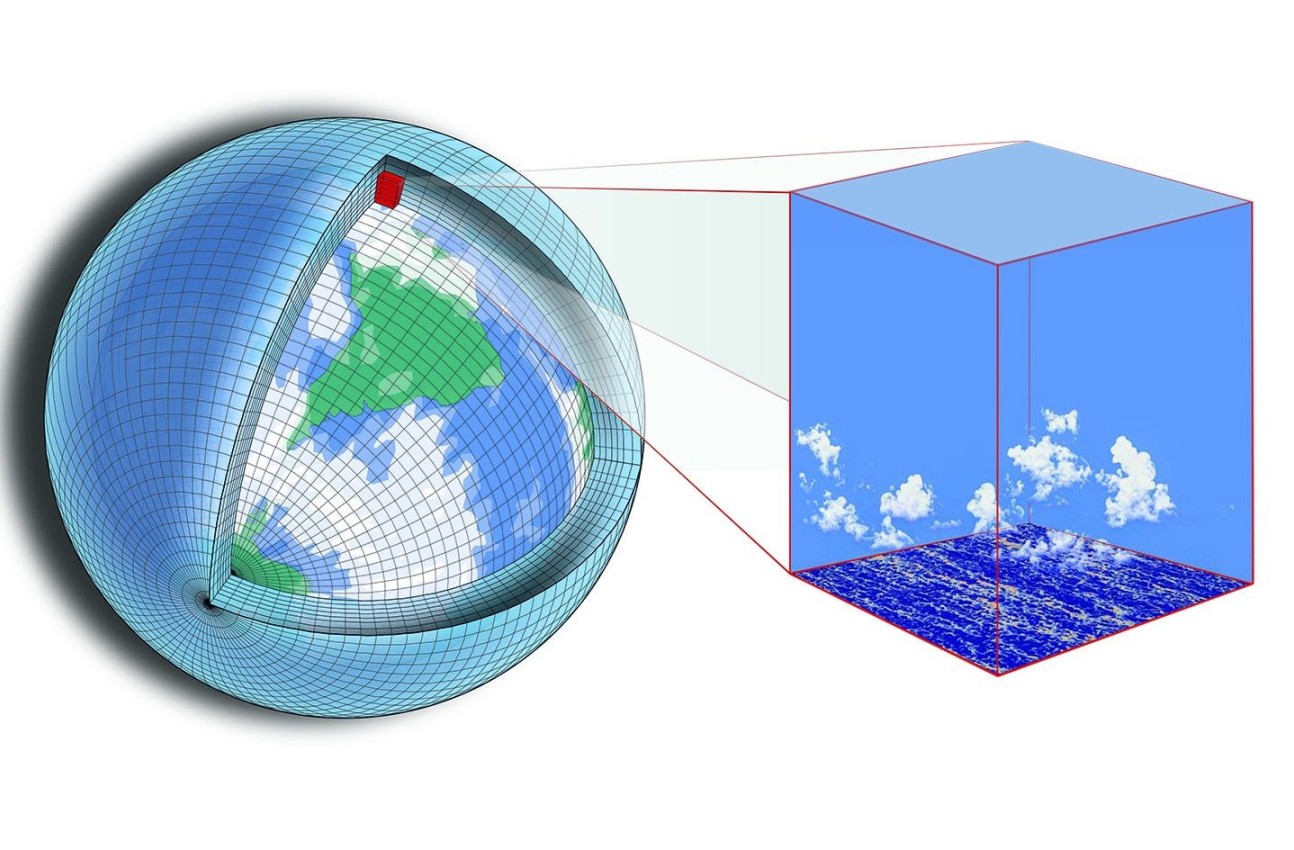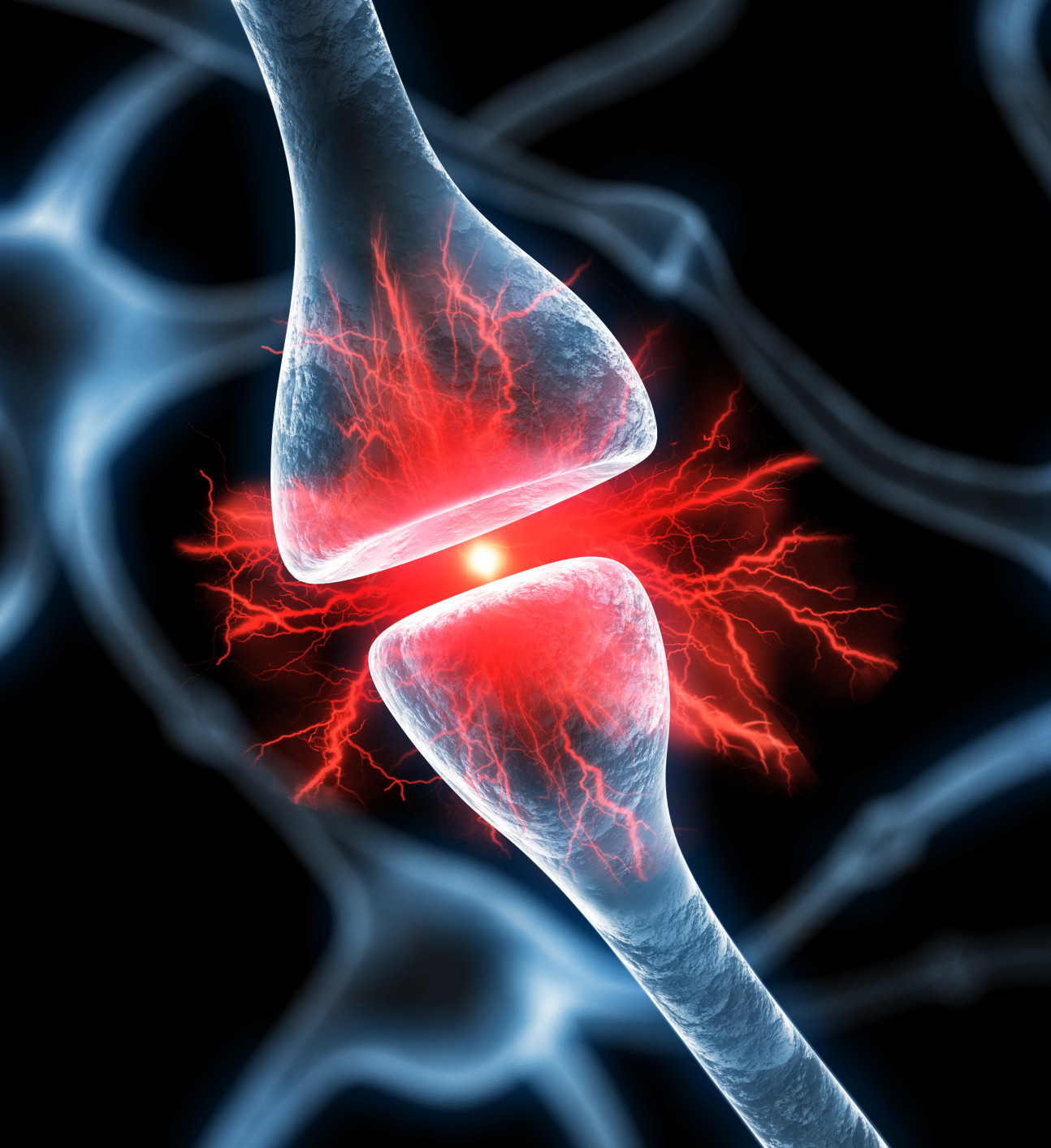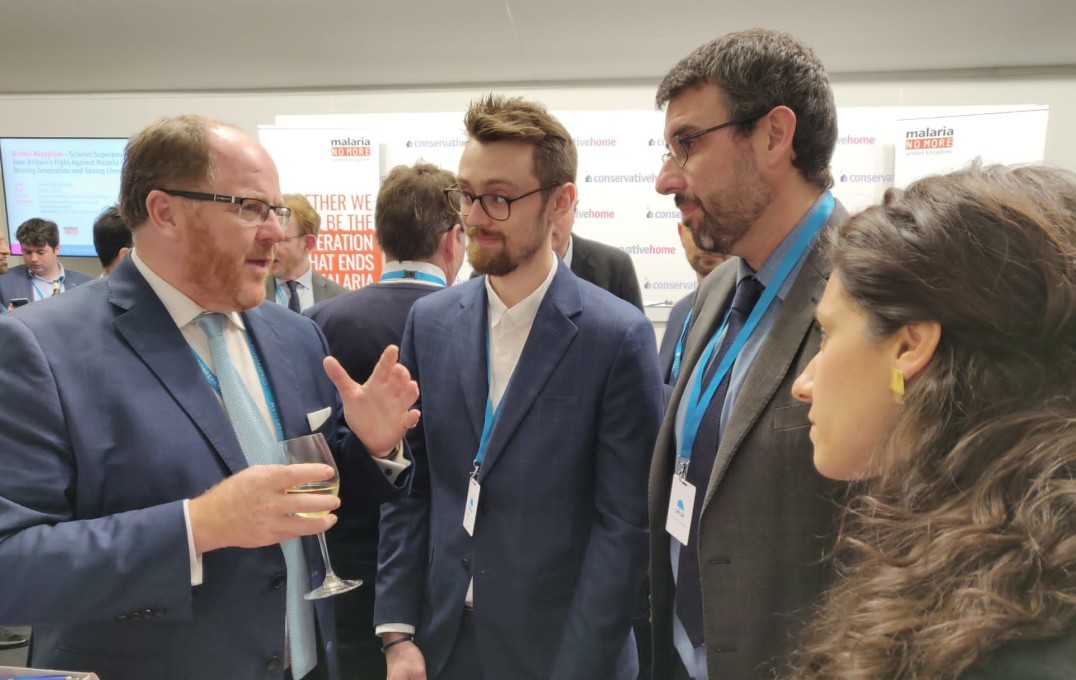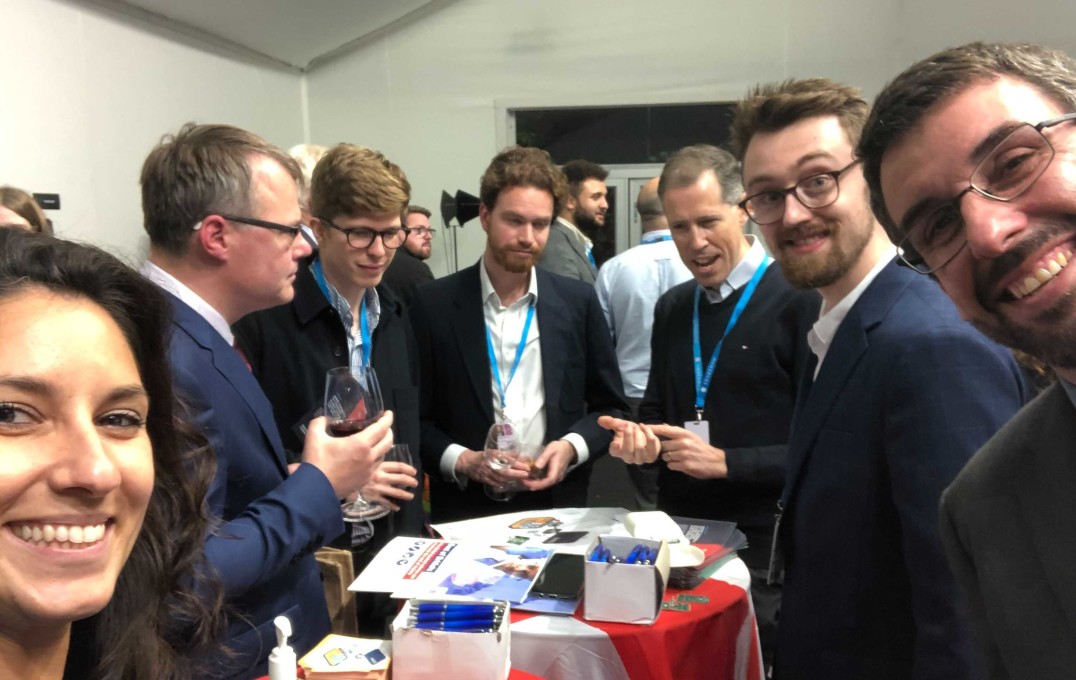Teen vaccines and Nobel prizes: News from the College

Here’s a batch of fresh news and announcements from across Imperial.
From a study into the benefits of COVID-19 vaccines for healthy teenagers, to Imperial responses to this year’s Nobel Prize winners, here is some quick-read news from across the College.
Vaccines for teens
New research shows that the benefits of COVID-19 vaccines for healthy teenagers aged 12-17 ‘clearly outweigh’ the risks. The analysis, by a team led by Queen Mary University of London researchers and including Imperial statisticians, shows that weekly case rates in teens above 30 per 100,000 would mean any risks from vaccination side effects are outweighed by the prevention of hospital admissions and long COVID.
Case rates have yet to fall below this level this year and stood at 680 per 100,000 among 10-19-year-olds as of mid-September. Even if this fell to 50 in 100,000, the researchers say vaccines would still prevent 75 more hospital admissions than would be caused by myocarditis, a heart inflammation condition that can be caused by the vaccine in young people.
Read the full paper in the Journal of the Royal Society of Medicine: ‘Vaccinating adolescents against SARS-CoV-2 in England: a risk-benefit analysis’.
Malaria at the Conservative Conference
Following a report published on 29 September by Malaria No More UK, which shows how British-backed science and research is helping to transform the fight against malaria, a group of Imperial researchers was invited to attend the Conservative Party Conference in Manchester.
Dr Aubrey Cunnington, Dr Jesus Manzano Rodriguez, Dr Nicolas Moser and Ivana Pennisi met the Minister for Science, Research and Innovation, George Freeman, and discussed with him the potential of Lacewing technology for transforming malaria diagnosis, control and surveillance, especially in the most remote and poorly resourced settings, where access to diagnostics services is often challenging.
It is recognized by the World Health Organisation that progress against malaria continues to plateau and, just as in the fight against COVID-19, British science can pioneer new drugs, potentially game-changing vaccines, and new technologies to eradicate malaria.
Nobel Prize in Physics 2021
 Syukuro Manabe, Klaus Hasselmann and Giorgio Parisi won the prize for work on complex systems – including the physical modelling of Earth's climate, which allowed reliable predictions of global warming.
Syukuro Manabe, Klaus Hasselmann and Giorgio Parisi won the prize for work on complex systems – including the physical modelling of Earth's climate, which allowed reliable predictions of global warming.
"This prize acknowledges the seminal work that took place in the 1960s and emphasises the many generations of scientists that have contributed to today's knowledge about climate change and how long established it is," commented Grantham Institute Director of Research Dr Joeri Rogelj.
Grantham Institute Chair Professor Sir Brian Hoskins has known Manabe and Hasselmann for decades. He said: "Both men were very encouraging to young scientists and inspirational to their colleagues around the world."
Grantham Institute co-director Professor Ralf Toumi was quoted in The Guardian saying: "It is almost impossible to imagine that there would be such widespread call for action on climate change without the work of many modellers, but particularly Manabe and Hasselman."
A touching reception
 Elsewhere in the Nobels, the prize for Physiology or Medicine was awarded to David Julius and Ardem Patapoutian ‘for their discoveries of receptors for temperature and touch’.
Elsewhere in the Nobels, the prize for Physiology or Medicine was awarded to David Julius and Ardem Patapoutian ‘for their discoveries of receptors for temperature and touch’.
The duo’s combined work has provided a better understanding of how physical sensations of pressure and temperature are translated to nerve signals, enabling us to interact with the world around us.
This fundamental work on the receptors at play, including TRPV1, has underpinned drug development for conditions such as chronic pain or hypersensitivity to touch, explains Professor Praveen Anand, from Imperial’s Department of Brain Sciences.
“From the viewpoint of a clinician, we still need to exploit the discoveries of Julius and Patapoutian for the benefit of patients,” said Professor Anand. “It is hoped their Nobel prize will help to highlight the unmet needs and provide resources for the pain research community, which has received the news of their award with great excitement.”
–
Want to be kept up to date on news at Imperial?
Sign up for our free quick-read daily e-newsletter, Imperial Today.

Article text (excluding photos or graphics) © Imperial College London.
Photos and graphics subject to third party copyright used with permission or © Imperial College London.
Reporter
Simon Levey
Communications Division
Andrew Youngson
Communications Division
Ryan O'Hare
Communications Division
Hayley Dunning
Communications Division

